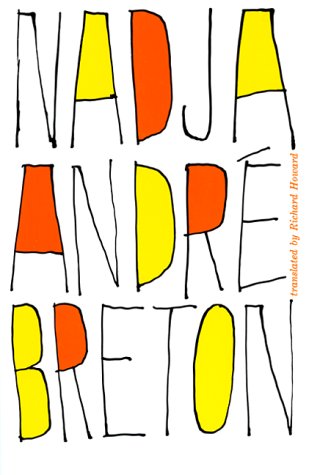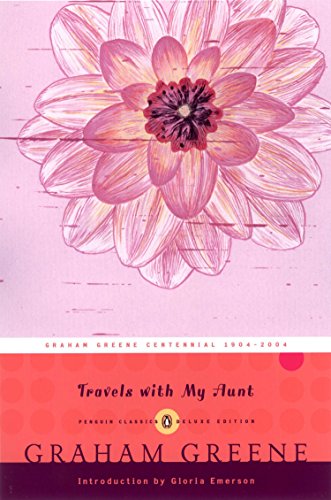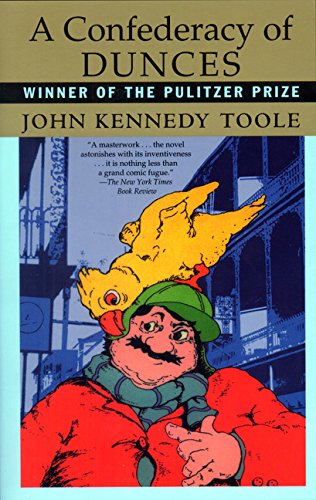To someone who tries to understand the world, reading literature might seem like wasted time. Why read something that is not true? Why read something that’s a product of someone’s imagination?
Being a social scientist myself, this question bothered me for a long time. However, once I started exploring some good authors, I quickly realized that reading literature might be more beneficial than reading social science books. That is if you aim to understand the social world and human behavior.
The main reason why literature might dominate over social science (such as sociology or psychology) is that in it you might find much more realistic and broader depiction and understanding of human motives than in a usual social science book. In other words, with literature you are more likely to engage with all the various ways in which humans try to make sense of the world.
Here is how Taleb explains why literature is good:
… Fiction is a certain packaging of the truth, or higher truths. Indeed I find that there is more truth in Proust, albeit it is officially fictional, than in the babbling analyses of the New York Times that give us the illusions of understanding what’s going on. Newspapers have officially the right facts, but their interpretations are imaginary – and their choice of facts are arbitrary. They lie with right facts; a novelist says the truth with wrong facts.
Second, a lot of ideas mentioned in the world of literary fiction are yet to be studied and explained by social scientists. The best place to look for possible explanations is in the literature itself. What this means is that if you try to learn about human behavior from social science books, your knowledge will be (at best) limited – if not fundamentally flawed.
Jon Elster makes this remark in Explaining Social Behavior:
Nor have psychologists expanded on Proust’s observation on the transmutation of motives: “our imagination . . . substitutes for our primary motives alternative motives that are more acceptable.”
Marcel Proust, author of the greatest novel of the twentieth century, spent much of his life frequenting salons, not only observing the goings-on in microscopic detail, but also identifying underlying psychological mechanisms.
Finally, it remains an open question whether ideas from philosophical novels should at all be investigated by scientific methods. This would mean destroying the rich world of human experience by using Procrustean bed of logic.
I will tell my experience from reading one of the books from the list bellow – Ferdydurke by Witold Gombrowicz.
While reading it, I was trying to formulate its main idea – how would I retell to someone what this book is about. I was asking myself: what if someone asked me for an example of how to apply the ideas of Ferdydurke in everyday life?
It’s an amazing book. If I should summarize it in a nutshell – Gombrowicz shows how the society always tries to put a man in some “form”. Or, as Gombrowicz himself explains: “Ferdydurke is about man’s fight against his own expression, a depiction of mankind’s agony in the Procrustean bed of the form.”
Now if someone would ask me to explain that idea a bit closer – with some practical examples – I feel it would be completely unfair to do that. Even worse, it would be undue.
And exactly while I was reading the Ferdydurke and while I was asking myself those questions, I remembered another of Taleb’s notes about the literature:
Back to the fiction/nonfiction divide –vastly more interesting than evolution. To me fiction is not about ideas. It is above ideas. I make a divide between the holy, the sacred, the mysterious, the unexplainable, the implicit, the aesthetic, the moral, and the ethical on one hand, and the empirical, the functional, the explainable, the logical, the true, and the proven on the other. In short, the Holy and the Empirical. Literature belongs to the holy. You can do fiction, nonfiction, a mixture, who cares. Literature is above the distinction. It is sacred.
A List of Literature Books Recommended by Nassim Nicholas Taleb
Here are the books that Taleb listed as his favorites, reconstructed from this list.

by Albert Cohen, David Coward

by Robert Graves

by Gregor Von Rezzori
Taleb’s Note on Keeping and Rereading Literature Books
I am often asked by journalists for a list of my “favorite books” –I don’t know what “favorite” means for a journalist. I treat books as friends; you miss them when you don’t see them for a while. Perhaps the best test of one’s appreciation for a novel is whether one craves it at times, enough to reread it. Rereading a novel is far more enjoyable than reading it for the first time. Many I have read more than twice, some (like Il deserto dei tartari, un taxi mauve, Paulina 1881,…), more than five times.
Up to the age of 25, you read wholesale & in a mercenary way, to “acquire” a possession, to build a “literary culture”, & do not tend to re-read except when necessary. After 25, you lose your hang-up and start re-reading –and it is precisely what you re-read that reveals your literary soul, what you like.
As with friendship: you do not judge friends, you do not mix business & friendship; I even physically separate literature from more functional books (different libraries; I feel I am corrupting literature by having scientific or the philistinic “nonfiction” in the same area).
Essays recommended by Taleb
I select essayists as they are more consistent in their prose –you read their prose not their books. This list does not include authors you read for their philosophy.
- Walter Benjamin (Arendt:”he thought poetically”)
- Cyril Connoly (the finest literary sensibility)
- Gaston Bachelard (another aesthetic thinker)
- Claude Levi-Strauss (Tristes tropiques was initially meant to be a novel)
- Roland Barthes
- Emil Cioran
- Paul Celan
- Isaiah Berlin
- George Santayana
- John Gray (the philosopher not the pop psychologist -a true genuinely non-nonsense philosopher)
- Ernest Renan

















































